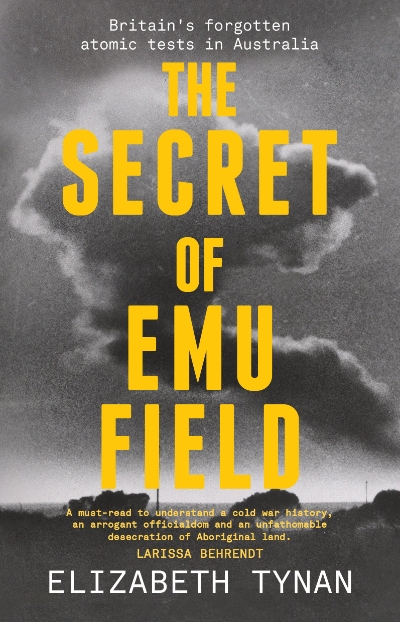Accessibility Tools
- Content scaling 100%
- Font size 100%
- Line height 100%
- Letter spacing 100%
Elizabeth Tynan
The ABR Podcast
Released every Thursday, the ABR podcast features our finest reviews, poetry, fiction, interviews, and commentary.
Subscribe via iTunes, Stitcher, Google, or Spotify, or search for ‘The ABR Podcast’ on your favourite podcast app.
The red thread: Xi Jinping’s ideology of power
by Neil Thomas
This week on The ABR Podcast, Neil Thomas reviews On Xi Jinping: How Xi’s Marxist Nationalism is shaping China and the world by Kevin Rudd. Thomas explains that even China watchers find it hard to be clear on the thoughts and plans of the leader of the Chinese Communist Party. They disagree, he tells us, on basic, critical questions, such as for how long Xi will rule. ‘Enter Kevin Rudd’, Thomas writes. ‘In his latest book, former prime minister Kevin Rudd adds a worthy new chapter to his life of public service, digesting thousands of pages of “Xi Jinping Thought” so that you do not have to’. Neil Thomas is a Fellow on Chinese Politics at Asia Society Policy Institute’s Center for China Analysis in Washington DC. Here is Neil Thomas with 'The red thread: Xi Jinping's ideology of power' by Neil Thomas, published in the December issue of ABR.
Recent episodes:
Operation Hurricane: The story of Britain’s first atomic test in Australia and the legacy that remains by Paul Grace
Of the many pernicious legacies of colonialism, Australia’s servility in the face of Britain’s nuclear arms aspirations is one of the most under-reported and most consequential. In this week’s episode of The ABR Podcast, Elizabeth Tynan reads her essay tracing the clandestine history of, and fallout from, the agreements that allowed the British to test atomic weapons at various sites in South and Western Australia after World War II. By highlighting the Menzies government’s eager consent and the Australian media’s compliance, Tynan shows that far from being a passive victim, Australia was largely complicit in tests that wrought havoc on large tracts of land and on the Indigenous communities who lived there.
... (read more)When I was launching my book Atomic Thunder: The Maralinga story in 2016, one of the guests put it to me that the name Maralinga should be just as recognisable in Australian society as Gallipoli. This comment suggested that the British tests had a broader meaning that spoke to a national mythology and were not just interesting historical events.
... (read more)





